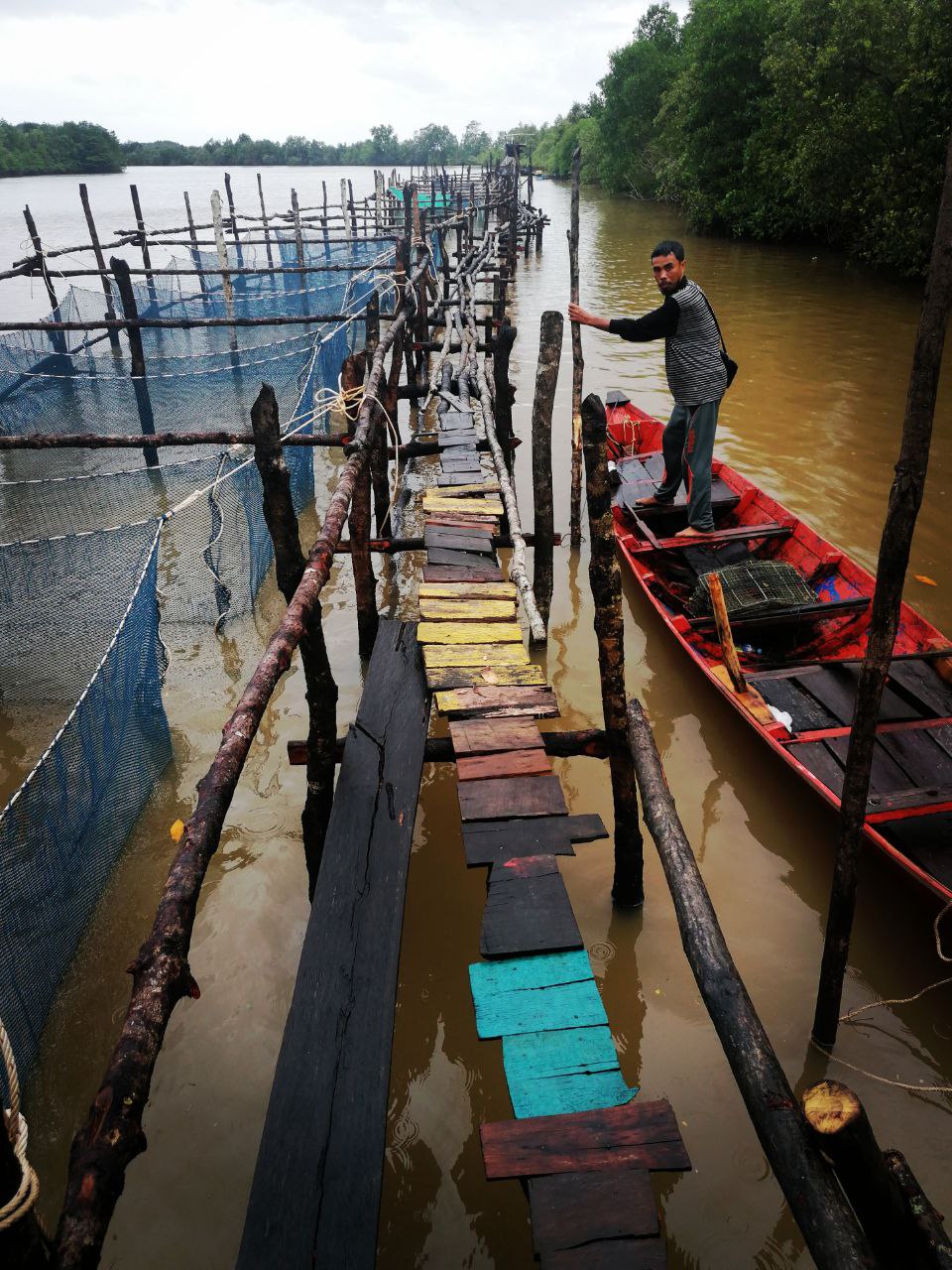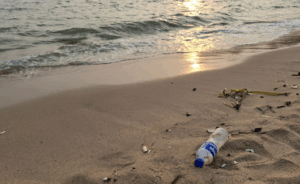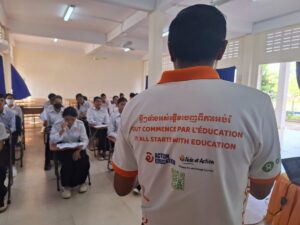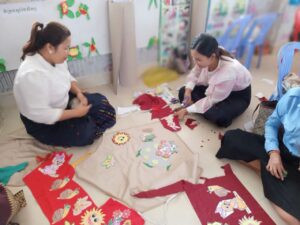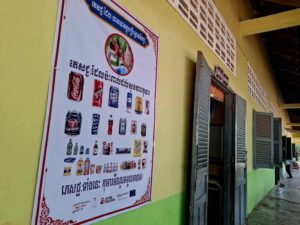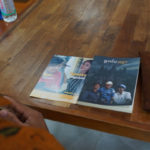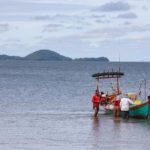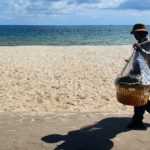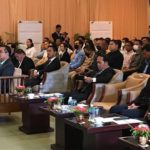The world experienced its warmest month on record in July 2023. The poorest communities in the Global South are the first to be affected by climate change, despite the fact that many have been raising the alarm for decades. A story from the field.
Climate change has social and economic consequences, impacting the livelihoods of coastal communities in Cambodia. They are amongst the most affected as they depend on fisheries and aquaculture, from workers in the sector to fish consumers. Access to food is most at jeopardy due to declining fishing stocks and difficult economic conditions in the regions of Kep, Kampot, Koh Kong, and Sihanouk ville.
In addition to being one of the most vulnerable to climate change, Cambodia is also one of the least responsible countries. North America and Europe in the Global North are responsible for around half of the greenhouse gas emissions that have occurred since the Industrial Revolution. Those countries have a carbon footprint that is 100 times larger than all of the world’s poor countries put together.[1]
Today, European countries have an opportunity to address their historical obligations in partnership with the Royal Government of Cambodia. With an EU fund of €4 million, CO-SAVED is a project led by Aide et Action with an ambition to empower nearly 400,000 Cambodian citizens in fishing communities. The determination is to invest in green growth which contributes to reducing economic inequality, while providing a better protection of biodiversity and natural resources.
In Trapeang Sangkae, a village along the river in Kampot, seven households established and are managing seven fishing farms. Their wish is to identify three additional families. A fishing farm can be built for 2,500 USD. Community members set up a committee, which is dedicated to ensuring economic sustainability through effective fund management and group decision-making. Their hope is to produce and sell fish to a distributor of nearby restaurants in the touristic area once the fisheries, which were set up a month ago, start to generate an income.
With six adult children and five grand-children, Him Ny is a grand-father and a retired fisherman. His dream, he said, is to multiply fishes and boost productivity for his family and community. During his lengthy career, he saw a rise in fish demand but a stagnation in the river’s fish population. He continued to describe the issues his community was facing while bringing up the rising price of seafood. He said that fish farming offered a safer alternative to the labor-intensive fishing activities of his people.
In order to achieve climate justice and poverty alleviation, Aide et Action and its implementing partners, including Heiffer, encourage the active participation of all, by placing fishing communities at the forefront of the global fight against global warming. A development that is locally owned is more successful than initiatives that are externally driven. The best strategy is to support local communities financially so they can choose and pursue their own paths to economic success.
Ni Faridas, who gave up fishing to concentrate on fish farming, now takes domestic and foreign eco-tourists on magical boat tours around the mangrove forests.
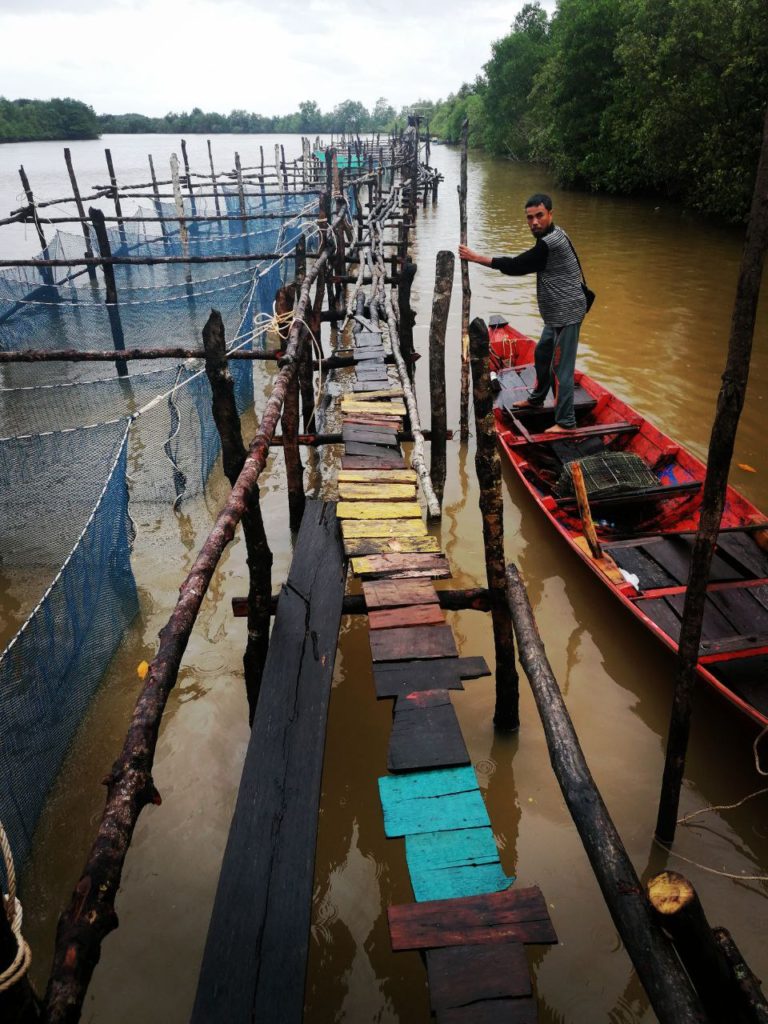
Community members invite visitors to plant mangroves in their protected area and are happy to share their knowledge of the wonderful flora and local wildlife with them. One of the most picturesque locations in the country is the Kampot river where eco-tourists from all paths can contribute to sustainable, climate-resilient, and inclusive growth. Their presence can create new economic opportunities and improve the standard of living for fishing villages in Cambodia.
Practical information: How to join Trapeang Sangkae? One room on the river with the community: 12-15 USD. From the capital of Phnom Penh, there are taxi companies (45-65 USD) or buses to Kampot (12-15 USD).
[1] Generation Climate Europe (GCE) Global North and Global South: How Climate Change Uncovers Global Inequalities, on 10 May 2022 https://gceurope.org/global-north-and-global-south-how-climate-change-uncovers-global-inequalities/



